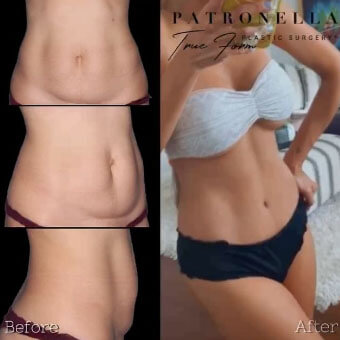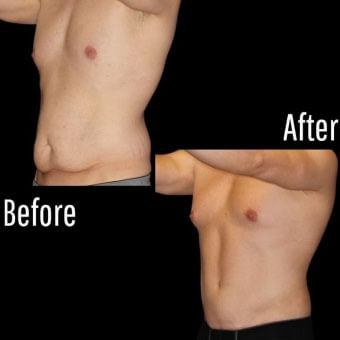Even More Reasons to Use a Retinoid
Posted December 31, 2014 in Skin Care
By Dr. Christopher Patronella
 Few skin care ingredients have been as extensively studied—and proven—as retinoids, and these vitamin A derivatives have skin benefits that range from improvement in visible signs of aging to reduction in acne.
Few skin care ingredients have been as extensively studied—and proven—as retinoids, and these vitamin A derivatives have skin benefits that range from improvement in visible signs of aging to reduction in acne.
The brainchild of dermatologist Albert Kligman, MD, tretinoin (the active ingredient in Retin-A) was first introduced as an acne treatment in the early 1970s. But when researchers noticed improved skin firmness and a reduction in fine lines and wrinkles in acne study participants, the anti-aging chapter in the retinoid story began.
The primary effect of retinoids is increased skin cell turnover. Our skin cells are constantly multiplying and sloughing off, but when retinoids are introduced to the skin, damaged cells are eliminated and replaced with healthy cells more quickly. (In acne patients, this helps prevent pores from getting clogged, which is the first step of the acne cycle.) Secondarily, retinoids prompt the formation of new collagen in the upper levels of the skin that result in increased firmness and smoothness, and also reduce the activity of melanocytes, the cells that produce unwanted pigment in our skin.
Retinoids also play a role in preparing the skin for more aggressive treatments and procedures, including laser resurfacing, deeper chemical peels, and even plastic surgery. Not only do they help get the skin in its healthiest state, they also increase the rate at which skin heals and reduce the risk of pigment changes after such procedures.
Post-surgical scar treatment can also be helped with retinoids. In a similar vein, retinoids are also useful for treating stretch marks, especially when they are in the early stages. (However, retinoids are known teratogen, that have the ability to disturb development, so it’s best to avoid the ingredient until pregnancy and nursing are complete.)
These benefits are occasionally accompanied by side effects like irritation, redness or skin flaking, but they can be managed. To acclimate the skin, start with a low-concentration retinol or retinoid, and gradually build up the concentration over a few months. If side effects persist, stop using the retinoid for a few days, use hydrocortisone to calm the skin, and then resume retinoid use. The good news is, the irritation is never permanent, but the benefits of retinoids are long lasting.
As with any method of skin exfoliation, retinoid use can make skin more sun sensitive, so diligent use of sunscreen with SPF 30 or greater is essential. If you’re going on vacation and you know you’re going to be in the sun, stop using retinoids about two weeks prior. When applying retinoids to the face, it’s also important to take care around the eye area, as this skin is thinner and more prone to irritation. When using other exfoliating skin care ingredients such as glycolic acid or hydroquinone (which is extremely effective for hyperpigmentation when used in conjunction with retinoids), I advise adding one product to your regimen at a time to assess how the skin reacts.
In my opinion, just about anyone is a good candidate for a retinoid. Beyond the visible skin improvement retinoids provide for both wrinkles and acne, they play a valuable role both before and after surgery, chemical peels and laser resurfacing treatments.







